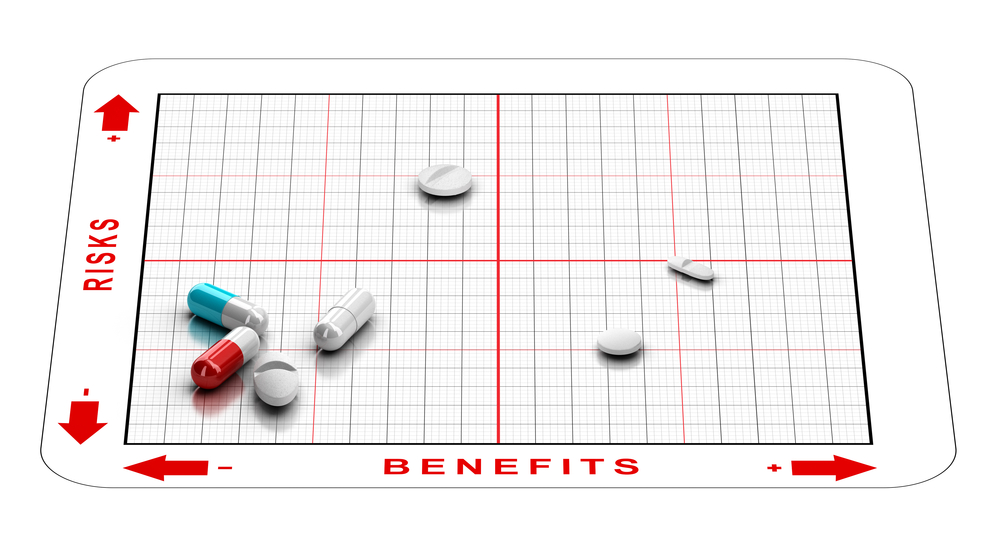In a recent study published in BMJ Mental Health, a team led by Ethan Sahker from Kyoto University’s Department of Health Promotion and Human Behavior, alongside an international cohort of researchers, confronts a pressing question in depression treatment: What is the smallest beneficial effect of antidepressants that patients deem worthwhile given their burdens?
The study, titled “Estimating the smallest worthwhile difference of antidepressants: a cross-sectional survey,” delves into the challenging decisions faced by individuals considering SSRI and SNRI antidepressants, which are common treatments for depression.
The findings suggest that while one in three people might find the currently available antidepressants worthwhile, the majority seek greater benefits or fewer burdens. This discrepancy underscores the necessity for more effective or less burdensome medications, with a heightened focus on patient perspectives in depression treatment.
“One in three of those who might consider antidepressant treatment and experience at least moderate depression symptoms would find the currently available antidepressants worthwhile in exchange for the expected burdens of treatment, including side effects, expenses, and other inconveniences. Two in three require greater response rates or fewer burdens. Thus, while a minority may be satisfied with the best currently available antidepressants, more effective and/or less burdensome medications are needed,” the authors write.
“Thus, while a minority may be satisfied with the best currently available antidepressants, more effective and/or less burdensome medications are needed. Greater value must be placed on the patient’s perspective for antidepressants in the treatment of depression. This information can help clinicians and researchers to understand patient expectations of therapies, evaluate the worthiness of antidepressants, and establish evidence-based benchmarks for all medical research.”















If Dr. Peter Breggin (the author of “Toxic Psychiatry” and other worthwhile books) is correct, so-called psychiatric medications are in reality potent neurotoxins that disrupt the normal functioning of the brain and have deleterious long-term effects. Thus, any temporary feeling of euphoria or numbing of emotion that occurs will soon fade away and require ever-increasing dosages to suppress anxiety, depression, or other undesirable feelings and thoughts. Mental health “professionals” who profit from this vicious cycle regard this as “therapy,’ whereas i consider it pernicious drug peddling.
Report comment